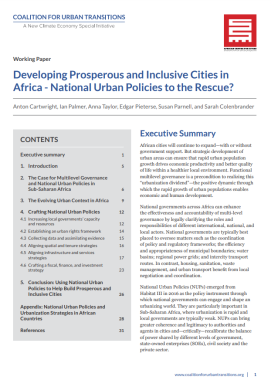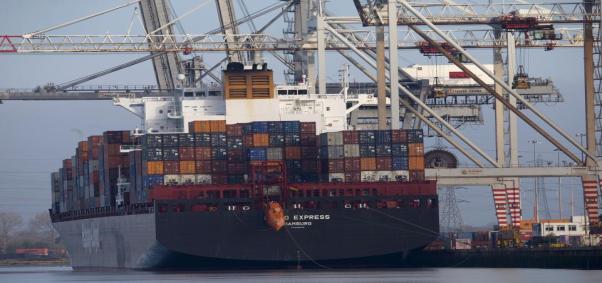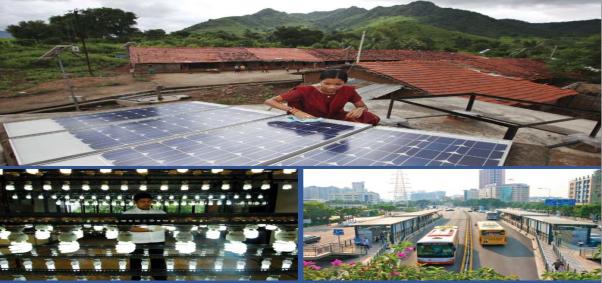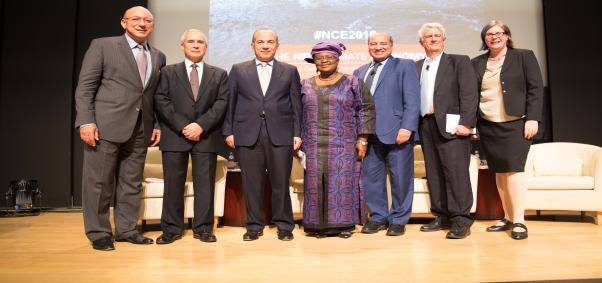
National governments across Africa can enhance the effectiveness and accountability of multi-level governance by legally clarifying the roles and responsibilities of different international, national, and local actors. National governments are typically best placed to oversee matters such as the coordination of policy and regulatory frameworks; the efficiency and appropriateness of municipal boundaries; water basins; regional power grids; and intercity transport routes. In contrast, housing, sanitation, waste management, and urban transport benefit from local negotiation and coordination.
Downloads
3.96 MB
1.98 MB
4.04 MB
2.03 MB
1.48 MB
2.76 MB
1.57 MB
11.47 MB
712.23 KB
919 KB
2.36 MB
1.87 MB
2.06 MB
1.54 MB
3.67 MB
1.18 MB
![]() Developing Prosperous and Inclusive Cities in Africa - National Urban Policies to the Rescue?
Developing Prosperous and Inclusive Cities in Africa - National Urban Policies to the Rescue?




















